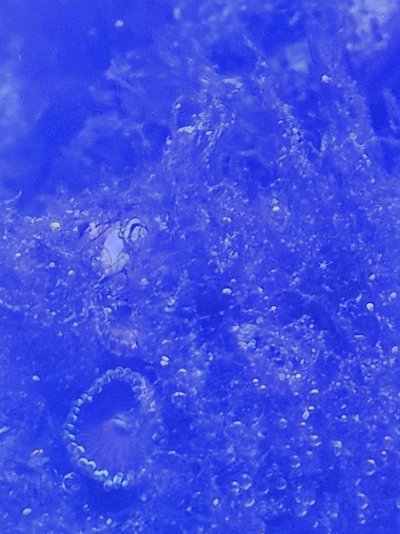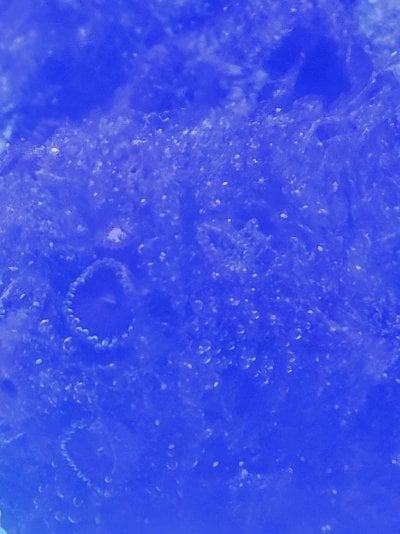Navigation
Install the app
How to install the app on iOS
Follow along with the video below to see how to install our site as a web app on your home screen.
Note: This feature may not be available in some browsers.
More options
You are using an out of date browser. It may not display this or other websites correctly.
You should upgrade or use an alternative browser.
You should upgrade or use an alternative browser.
I have a guess.
- Thread starter scottberto
- Start date
- Tagged users None
I realized a long time ago there wasn't a corellation between nuisance algae and phosphates so I would look elsewhere for the cause of your algae issues. The combination of manual removal and urchins and other algae eaters has worked well for me for decades. (It also works for researchers rehabilitaing reefs.) This video using straws may help.
FWIW .03 mg/l is the threshold level to prevent phosphorus limitation in corals, identified by researchers at Southampton University in England using corals maintained in an aquarium for about a decade. .3 mg/l is what corals are subjected to with upwelling in the ocean. .5 mg/l is acceptable as acros have been shown to incease growth up to this level. .9mg/l is the level teh Steinhart Aqaurium's ex situ sexually reproduced acro colonies are being grwon out with.
And you might peruse Thales' build thread, his video of acro larva settling and starting a skeleton is awesome!

 www.reef2reef.com
www.reef2reef.com
FWIW .03 mg/l is the threshold level to prevent phosphorus limitation in corals, identified by researchers at Southampton University in England using corals maintained in an aquarium for about a decade. .3 mg/l is what corals are subjected to with upwelling in the ocean. .5 mg/l is acceptable as acros have been shown to incease growth up to this level. .9mg/l is the level teh Steinhart Aqaurium's ex situ sexually reproduced acro colonies are being grwon out with.
And you might peruse Thales' build thread, his video of acro larva settling and starting a skeleton is awesome!

Rich Ross - Home Tank - guess the phosphate
Roughly the phosphate level of EZ-Gro Liquid Plant Fertilizer
 www.reef2reef.com
www.reef2reef.com
I greatly appreciate the input. Thank you so much!!I realized a long time ago there wasn't a corellation between nuisance algae and phosphates so I would look elsewhere for the cause of your algae issues. The combination of manual removal and urchins and other algae eaters has worked well for me for decades. (It also works for researchers rehabilitaing reefs.) This video using straws may help.
FWIW .03 mg/l is the threshold level to prevent phosphorus limitation in corals, identified by researchers at Southampton University in England using corals maintained in an aquarium for about a decade. .3 mg/l is what corals are subjected to with upwelling in the ocean. .5 mg/l is acceptable as acros have been shown to incease growth up to this level. .9mg/l is the level teh Steinhart Aqaurium's ex situ sexually reproduced acro colonies are being grwon out with.
And you might peruse Thales' build thread, his video of acro larva settling and starting a skeleton is awesome!

Rich Ross - Home Tank - guess the phosphate
Roughly the phosphate level of EZ-Gro Liquid Plant Fertilizerwww.reef2reef.com
Similar threads
- Replies
- 1
- Views
- 109
- Replies
- 6
- Views
- 337
- Replies
- 1
- Views
- 94
- Replies
- 4
- Views
- 183
- Replies
- 3
- Views
- 145
New Posts
-
-
Canopy door replacement? Where to find.
- Latest: ajremington68
-
-















